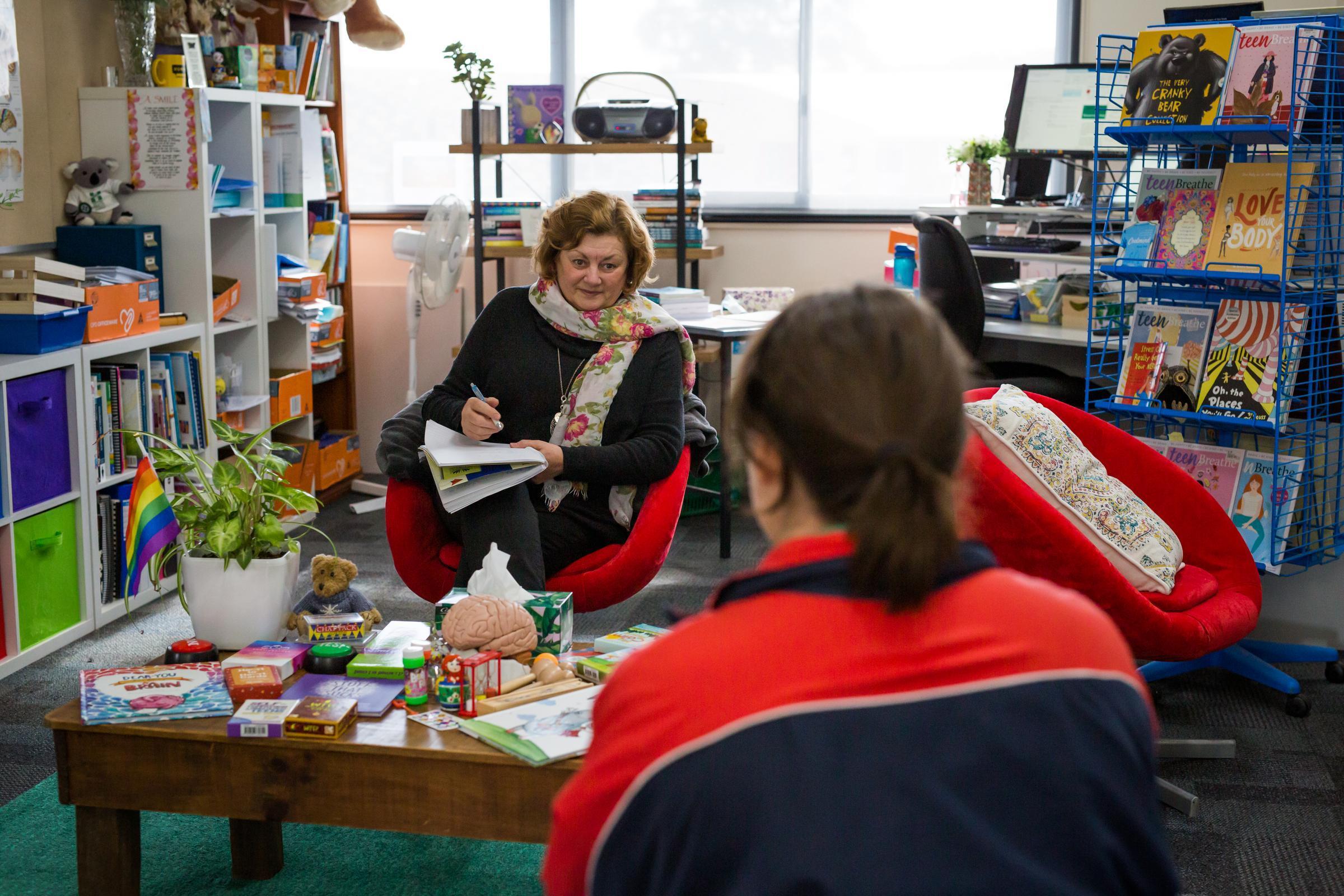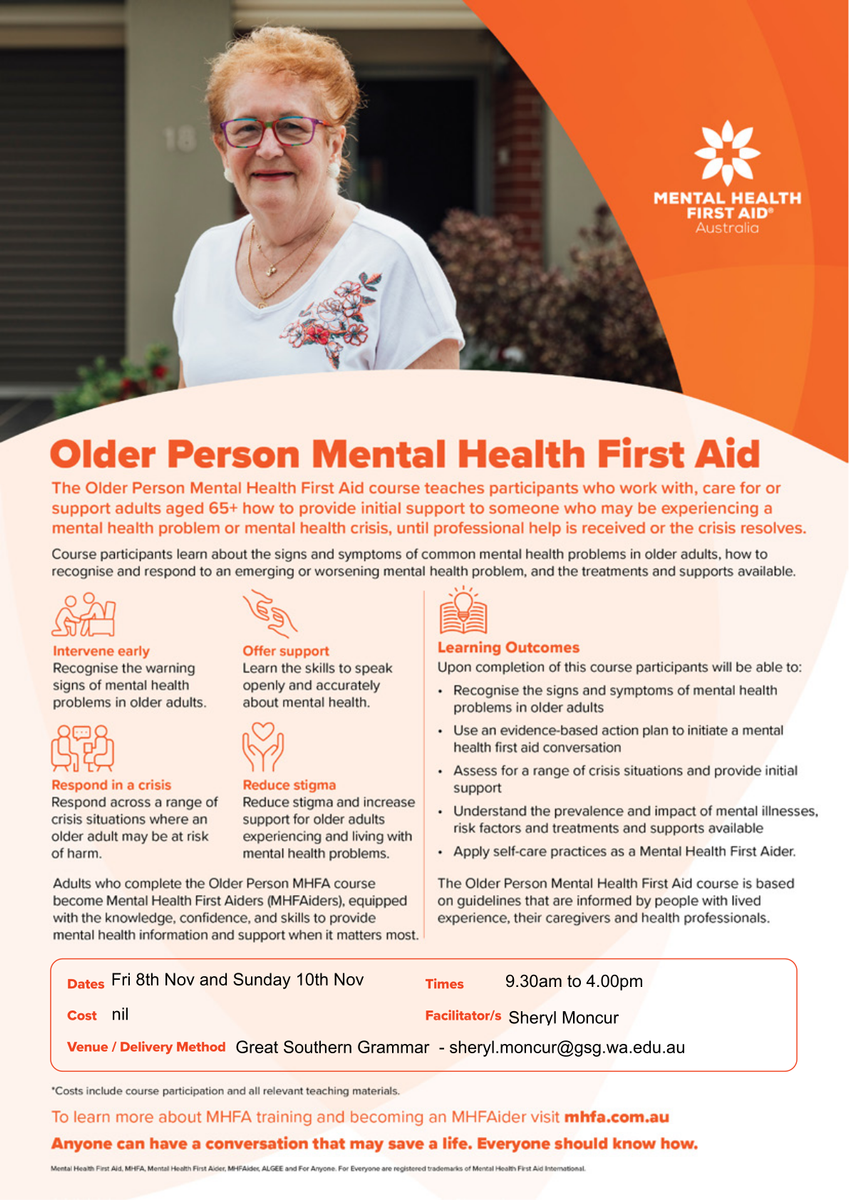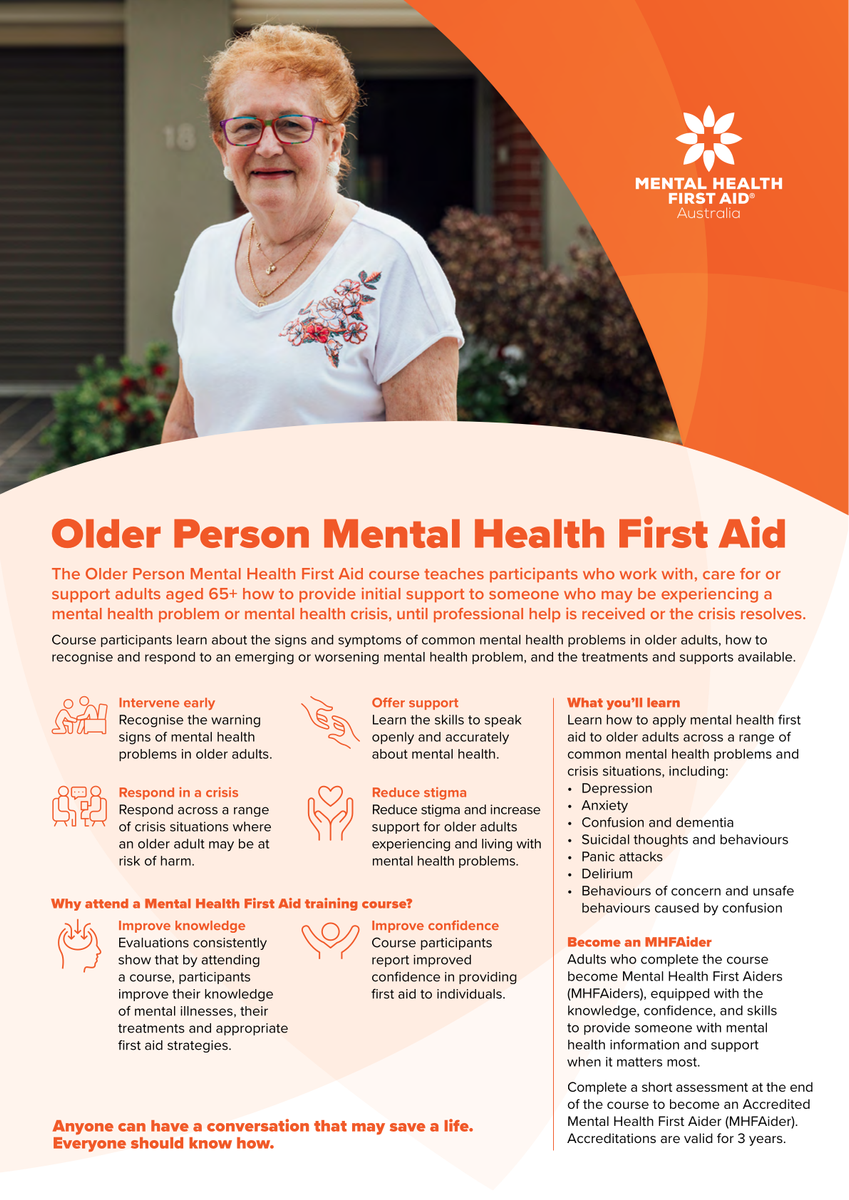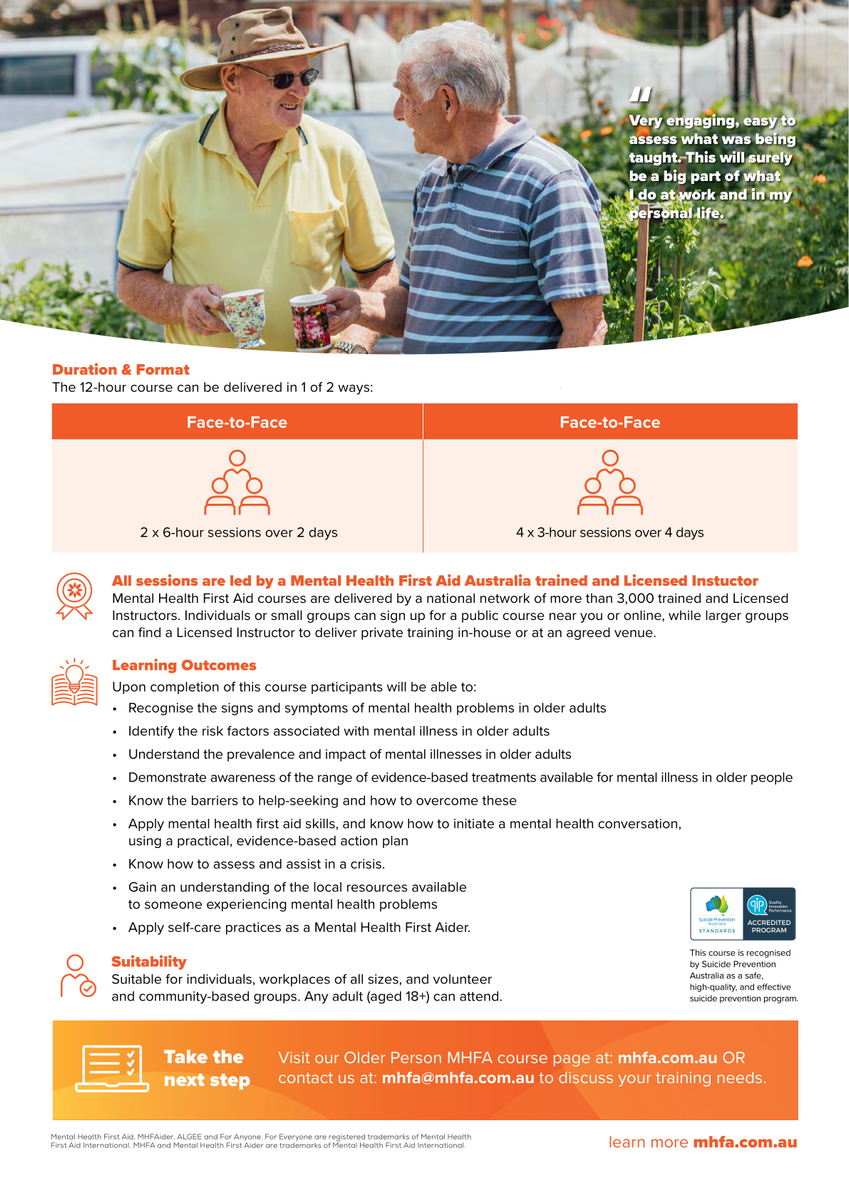From the Wellness Centre

Peer Mediation
It warms the cockles of my heart to share with you that our amazing group of Peer Mediators will be ready to support our GSG students from next term; their training is now complete. To remind you – Peer Mediation is a structured, voluntary process that helps participants to collaborate towards their own resolution/s to a problem.
Drum roll please: Meg Furphy, Chelsea Evans, Sophie Harris, Iris Miller, Chloe Climie, Mariella Somerscales and Morgan Apostoles take a well deserved bow. These incredibly talented Year Eleven students now have a SUPER POWER – conflict resolution.
These girls have well and truly earned their Certificates as Peer Mediators after six weeks of VACS lessons wherein they learned the finer skills of communication including active listening, reframing, steering the conversation through the six stages of mediation, being concurrently neutral and supportive, working in two person teams with participants (disputants) towards a collaborative outcome. The girls also appreciate that conflicts are ostensibly about facts, content and reality – but conflict is always influenced by emotions, relationships and perceptions. The girls even made a Training Film under the direction of Colin Ferreira, for whose contributions we are ever grateful. Certificate bestowing will occur during an Assembly in Term Four.
It’s Sleeptember
Zzzzz Sleep Zzzzzzz
Your attention may have been snagged recently on some fresh research on SLEEP (ABC Newstory Lab referencing several specialist universities including Flinders University, UWA, Monash University, Macquarie University and the Woolcock Institute and the Sleep Health Foundation). The emerging themes about the importance of sleep reinforce our understanding of its essentialism. Sleep is a vital ingredient for healthy physical, mental, social and emotional wellbeing.
See below a list of some of the salient points which featured in this research and beyond.
- Sleep impacts almost every part of the human system, and getting a decent night’s sleep may influence our longevity
- Irregular sleep patterns, disrupted sleep, quality of sleep, not enough sleep … are detrimental to our health, our work productivity, our mental health, our relationships
- Sleep hygiene is crucial in our quest to enjoy optimal sleep Sleep Information Sheet
- Sleep deprivation can tip our system into flight/fight mode as cortisol and adrenaline prevail in helping us manage our day, and we may feel agitated, we may eat more, we may experience cognitive distortion and we may misinterpret social dynamics
- Mental health can plummet with insufficient sleep; the emotional instability we feel when we are running on empty can put us at risk of developing depression, anxiety, PTSD and bi-polar disorder; this is bi-directional too, meaning that the worse our mental health is, the worse our sleep might be
- Nocturnal wakefulness is also associated with suicidal ideation and behaviours
If you or your family would like to speak further about sleep don’t hesitate to make contact.
Find out more here Not getting enough sleep? This is what's happening to your body and brain - ABC News
Older Persons MHFA
When: Friday 8 November and 10 November 2024
Where: GSG Watami Building Room 14
Who: any GSG community member who wishes to learn more about mental health and ageing
How: face to face presentation by Sheryl Moncur
Cost: Nil (sponsors Palmerston and GSG)
See flyers for more information and please feel free to email me your interest sheryl.moncur@gsg.wa.edu.au
Ms Sheryl Moncur | School Counsellor/Teacher



